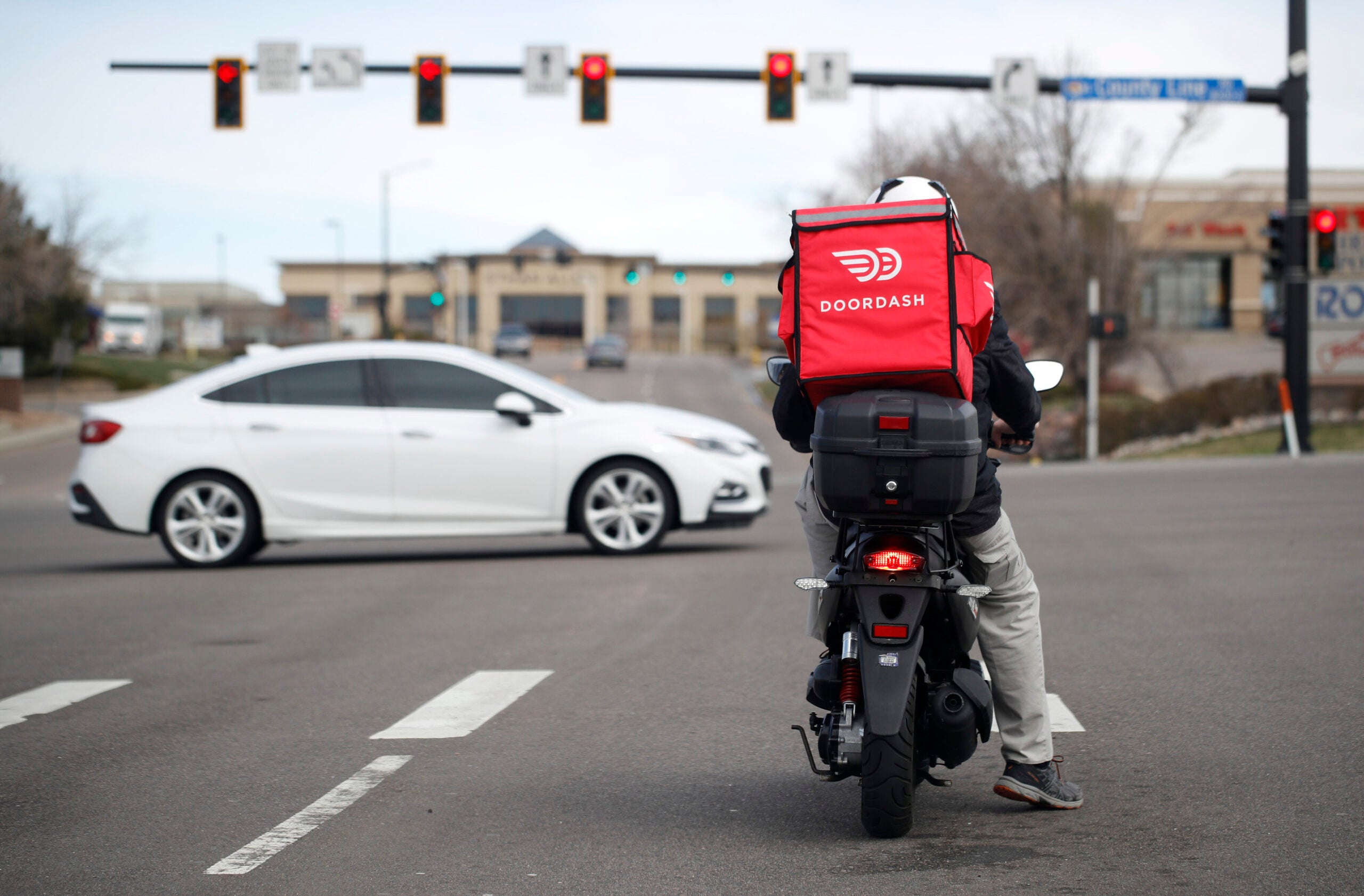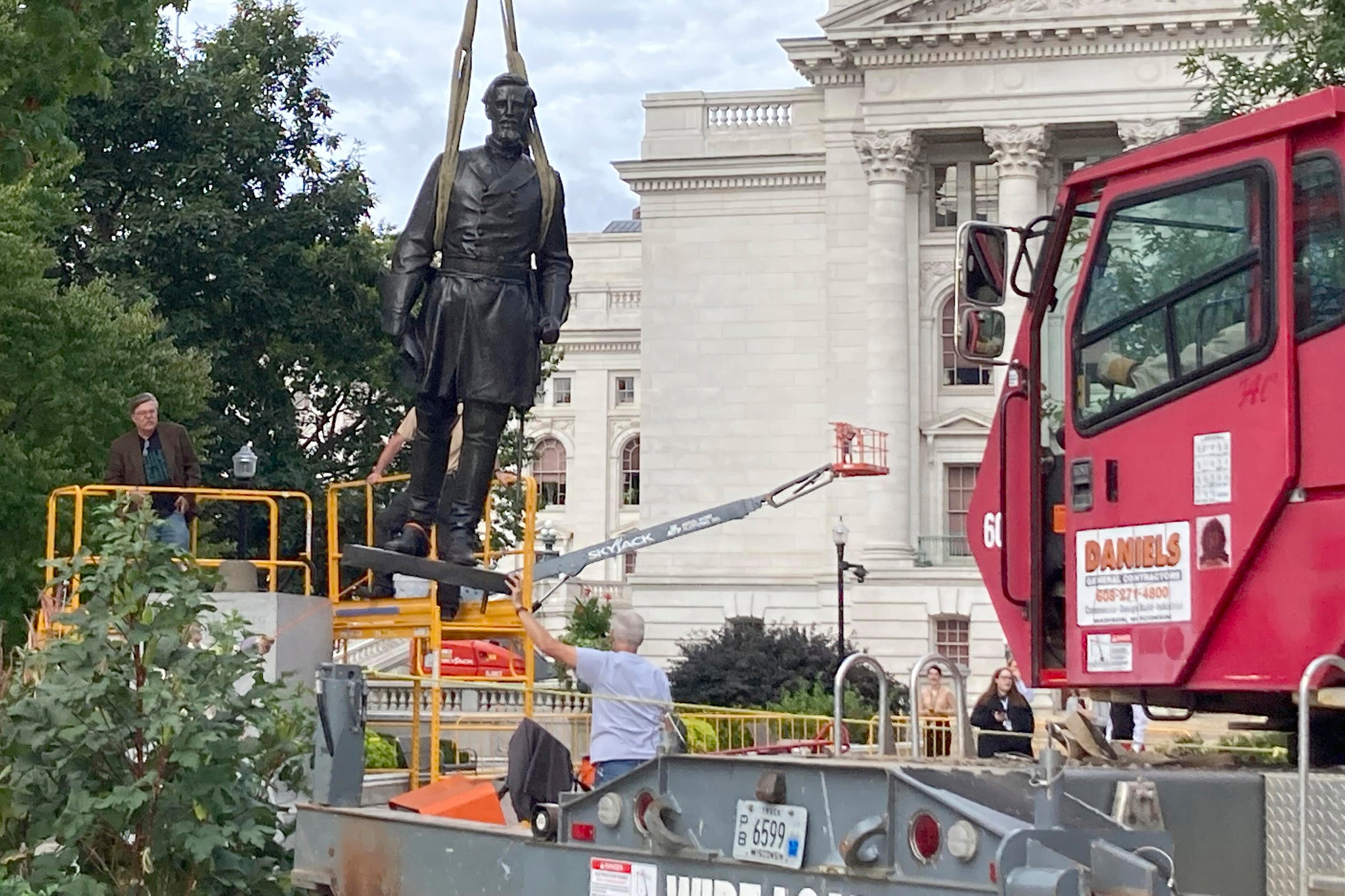Lawmakers in both chambers of the Wisconsin Legislature approved a bill Wednesday that would formally classify gig drivers for transit apps — such as delivery drivers and rideshare operators — as independent contractors, rather than employees.
The bill states that drivers for transit apps, like Lyft and Uber, or for delivery services, like DoorDash or InstaCart, are not direct employees of those companies, exempting them from receiving worker’s compensation, minimum wage requirements or being eligible for unemployment insurance.
The legislation, which is supported by major tech companies like Uber, DoorDash and Instacart, was backed by nearly all Republicans and a handful of Democrats. Those who voted for it argued the independent contractor classification gives workers the freedom to set their own hours and drive for multiple companies without restrictions.
News with a little more humanity
WPR’s “Wisconsin Today” newsletter keeps you connected to the state you love without feeling overwhelmed. No paywall. No agenda. No corporate filter.
It’s opposed by the labor union AFL-CIO and most Democrats, who argued that gig workers often take those jobs out of necessity, and should be entitled to certain baseline standards, such as a minimum wage.
The bill also establishes “portable benefits” for such workers, which would allow eligible drivers to pay into accounts that would then help cover paid leave, retirement, health care or catastrophic events.
Rep. Alex Dallman, R-Markesan, who said he used to drive for Uber, said the legislation would ensure that gig workers can “choose when and where they want to work, the freedom that they have to be able to earn benefits through the work that they provide for these different companies, and be able to really set themselves up for a future of success by having things such as health insurance,” he said.
Dallman said on Wednesday that, if signed by the governor, the proposal would make Wisconsin the first state in the country to have such a portable benefits program.
That’s after years of nationwide debate about how to classify gig workers, including at the federal level under former President Joe Biden’s Department of Labor. The Biden administration had proposed a rule to classify those workers as employees, entitled to the benefits of full-time employees.
During his first administration, President Donald Trump instituted a rule calling those same workers independent contractors.
The bill passed the Assembly on Wednesday with a vote of 56-36, with four Democrats joining Republicans in voting for the plan. It passed the Senate by a vote of 17-15, with one Republican, Sen. Steve Nass of Whitewater, joining all Democrats to vote against it.
A spokesperson for Gov. Tony Evers did not respond to questions about whether he plans to sign the bill into law.
‘Bradyn’s law’ classifies ‘sextortion’ as a felony
Also on Wednesday, the Assembly approved a bipartisan bill that would create a new class of crime known as “sextortion,” and classify it as a felony. That crime involves coercing or threatening someone to provide sexual imagery or favors, or threatening to spread sexual or nude photos of a person in exchange for money or services.
Such acts would be punishable by up to six years in prison. It would also set additional penalties if the victim is younger than 18 and the perpetrator is more than four years older than the victim.
According to the FBI, instances of sextortion are on the rise, with scammers often targeting children and teens. The Wisconsin bill was inspired by the case of Bradyn Bohn, a 15-year-old boy from Marathon County who was driven to suicide after he was threatened by online scammers.
Under the bill, someone could be convicted of murder if a jury determines that sextortion contributed to or caused a person’s death by suicide.
Wisconsin Public Radio, © Copyright 2026, Board of Regents of the University of Wisconsin System and Wisconsin Educational Communications Board.






